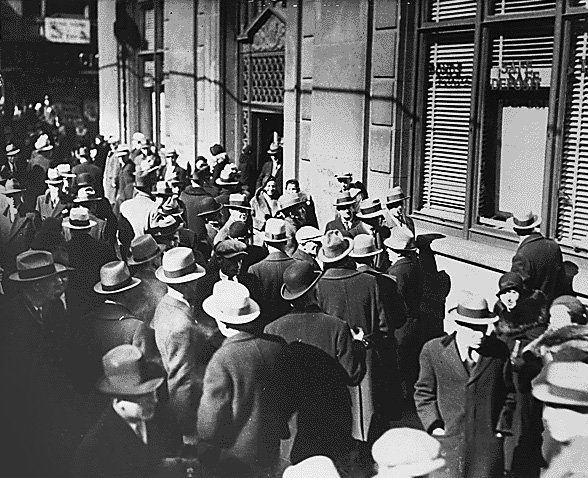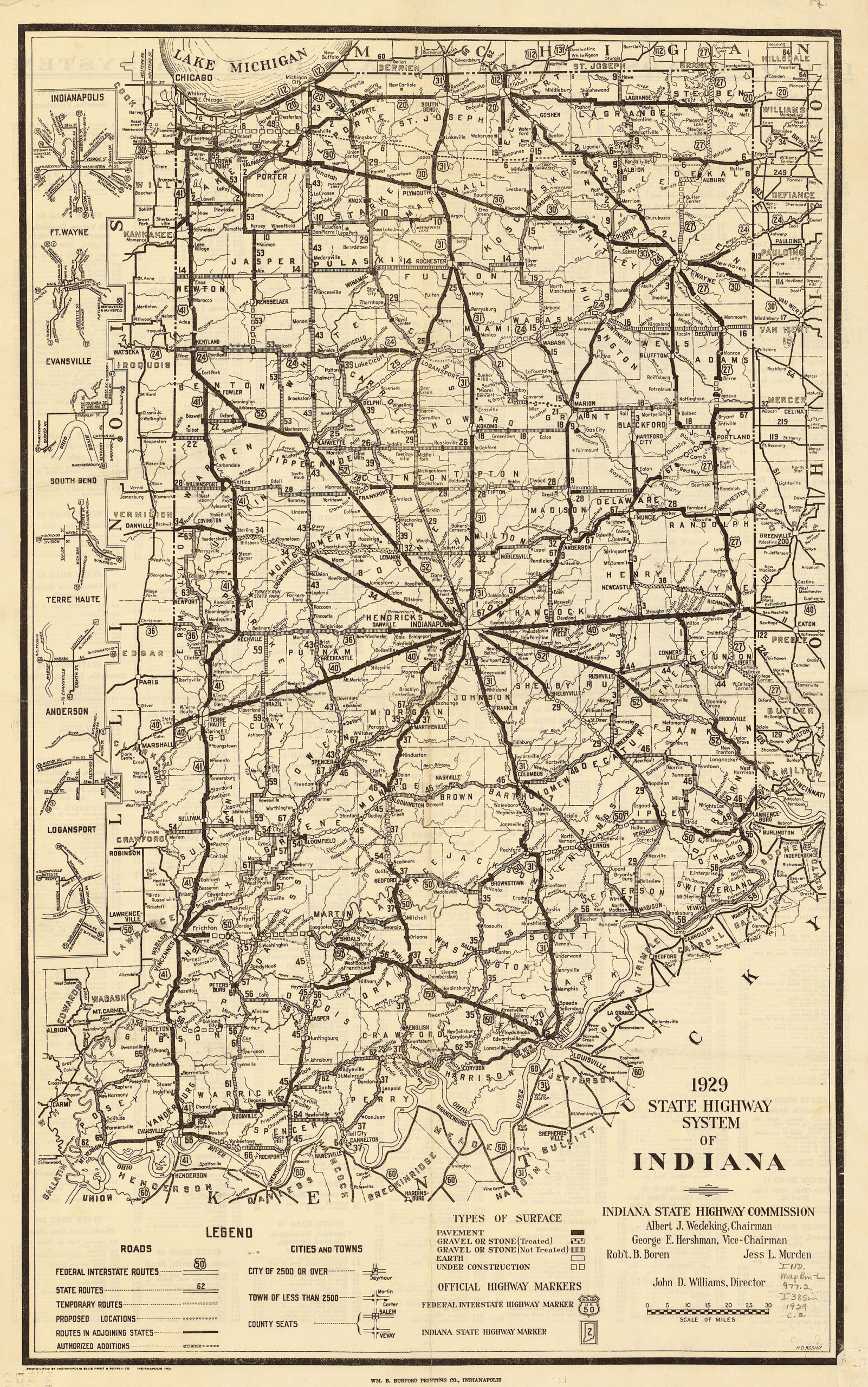
A Different Kind of Bank Run


Hurtling through the darkness, John Sloane gripped his steering wheel, pushing his car as fast as it would go—35, 40, 45, 50. He willed it to get him back to Warsaw in time for the bank’s opening bell. If he didn’t make it, he knew people would panic when they saw the doors locked. Lake City Bank ran the risk, like others around the country, of falling victim to the Great Depression.
Dark times had descended on the U.S., and people lost their faith in banks. When they all tried to withdraw their money at once, many banks couldn’t quickly come up with that much cash. Such “bank runs” had become so common by 1933 that the newly elected president of the United States, Franklin D. Roosevelt, ordered all banks to close for a week. They could only reopen when they proved they were solvent.
Lake City Bank had survived the bank holiday and was ready to reopen, but the mood remained grim. As a former mayor of Warsaw and the current bank president, Sloane had a good idea what people were thinking. He expected them to pour through the doors as soon as he unlocked them, eager to take their money.

That’s why Sloane wound his way through the darkness to Indianapolis and back. He had arranged for a bank there to provide the cash he needed to satisfy all his depositors, if it came to that. Road construction struggled to keep pace with the rise of the automobile, so Sloane’s route took him over pavement and gravel and through dozens of small towns. The only way to have enough gasoline was to take it with him, so he had filled his cans and strapped them along the running board. Sloane knew he would arrive back in Warsaw dusty, smelly and exhausted, but he was determined to have cash.
When he opened the bank’s doors that morning, the crowd he expected was waiting for him. As people filled the lobby, he announced over the din that anyone who wanted their money could have it. A woman then shouted, “John Sloane, if I can’t trust my money with you, I don’t know of any man I can trust!” The crowd calmed, and most people returned home with their money still in the bank.
Sloane’s foresight and integrity—and maybe a little help from a friendly voice—helped the bank successfully weather the Great Depression. When it was finally over, Lake City Bank emerged as the only bank of five in Warsaw to survive.



